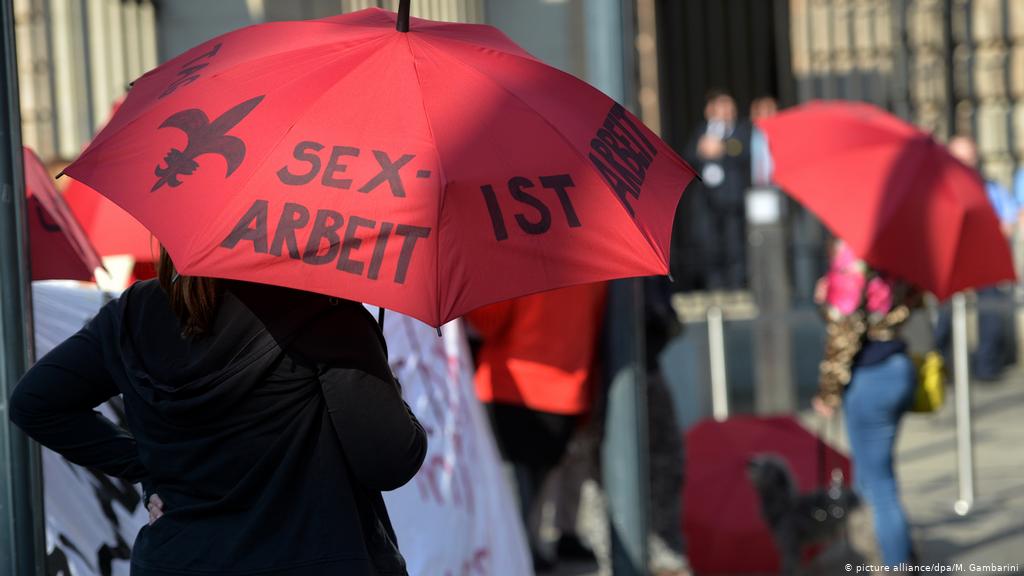The law on Prostitution – Prostitutes’ Protection Law (ProstituiertenSchutzGesetz) – came into force in July 2017, bringing a wealth of harmful and discriminatory measures against sex workers in Germany. In addition to mandatory health counselling, prostitutes must undergo a registration procedure and carry the certificate issued by the authorities. The identity card, simply called a “whore’s passport”, officially identifies sex workers on the basis of their real names, photo and address.
“A prostitution card discriminates against and stigmatises people”, said Julia Buntenbach-Henke, head of the specialist counselling centre for prostitution at Diakonie Hamburg, in an interview with ZEIT.
Sex workers’ organisations, NGOs, human rights organisations and allies’ that support sex workers’ rights in Germany have been pointing to the negative outcomes for sex workers of the law since before it passed and have since documented such harmful effects.
Statements against the current law and current debates engaging with the Nordic criminalisation model as an alternative have been made by BesD and BUFAS

